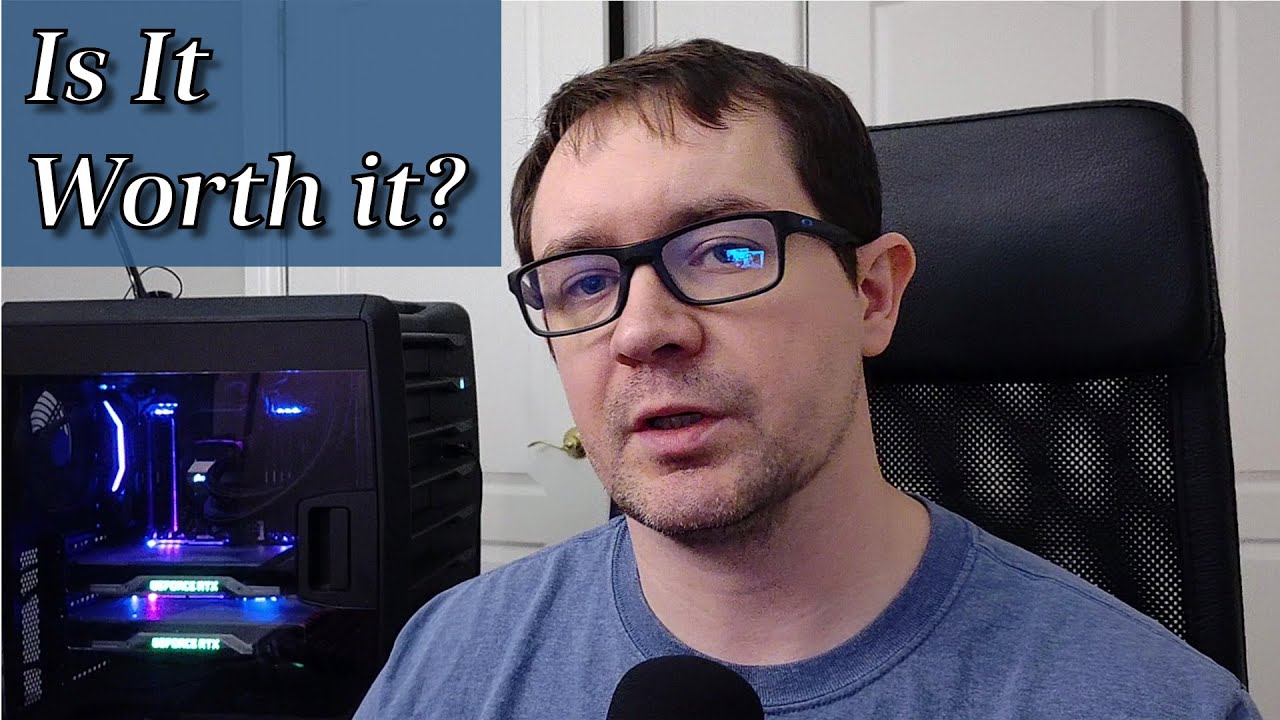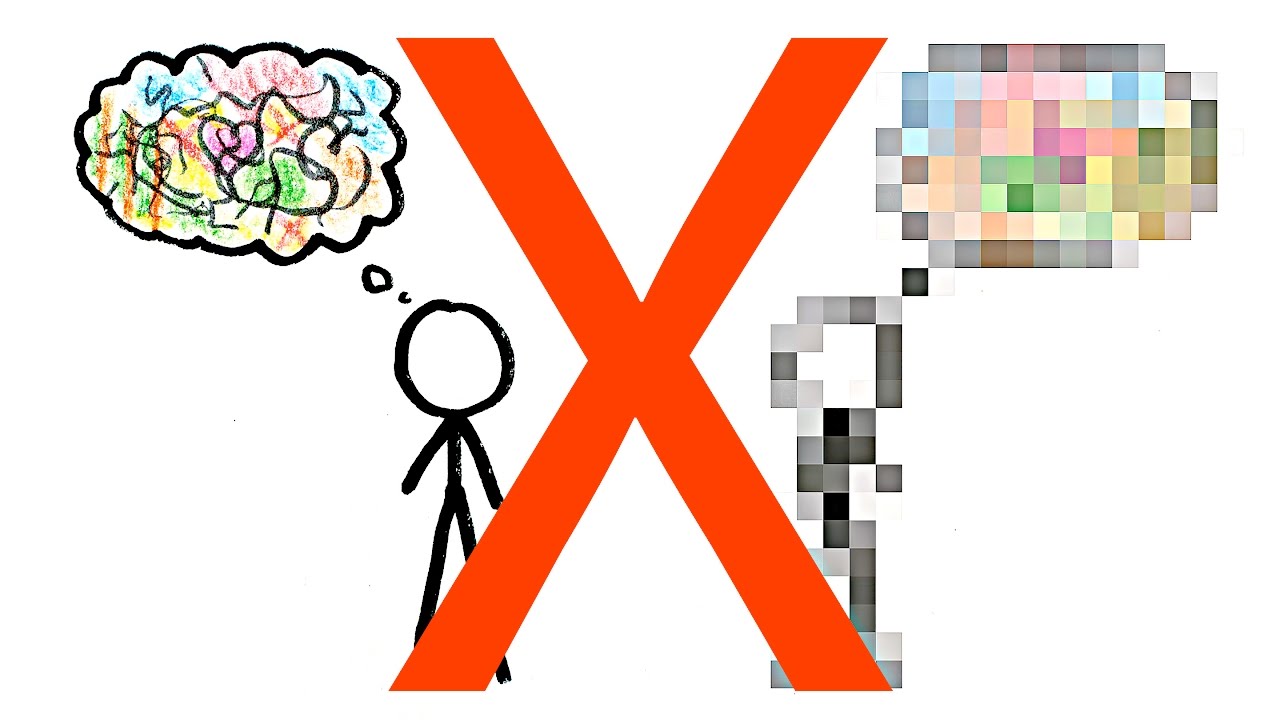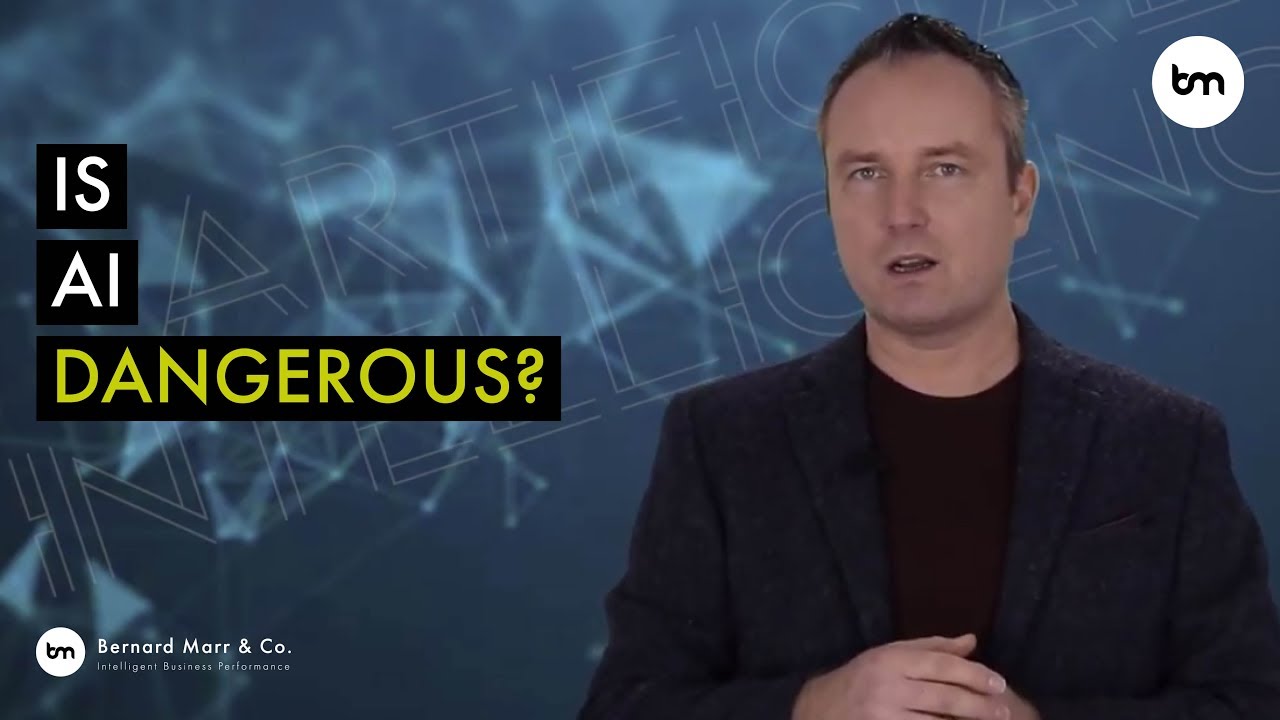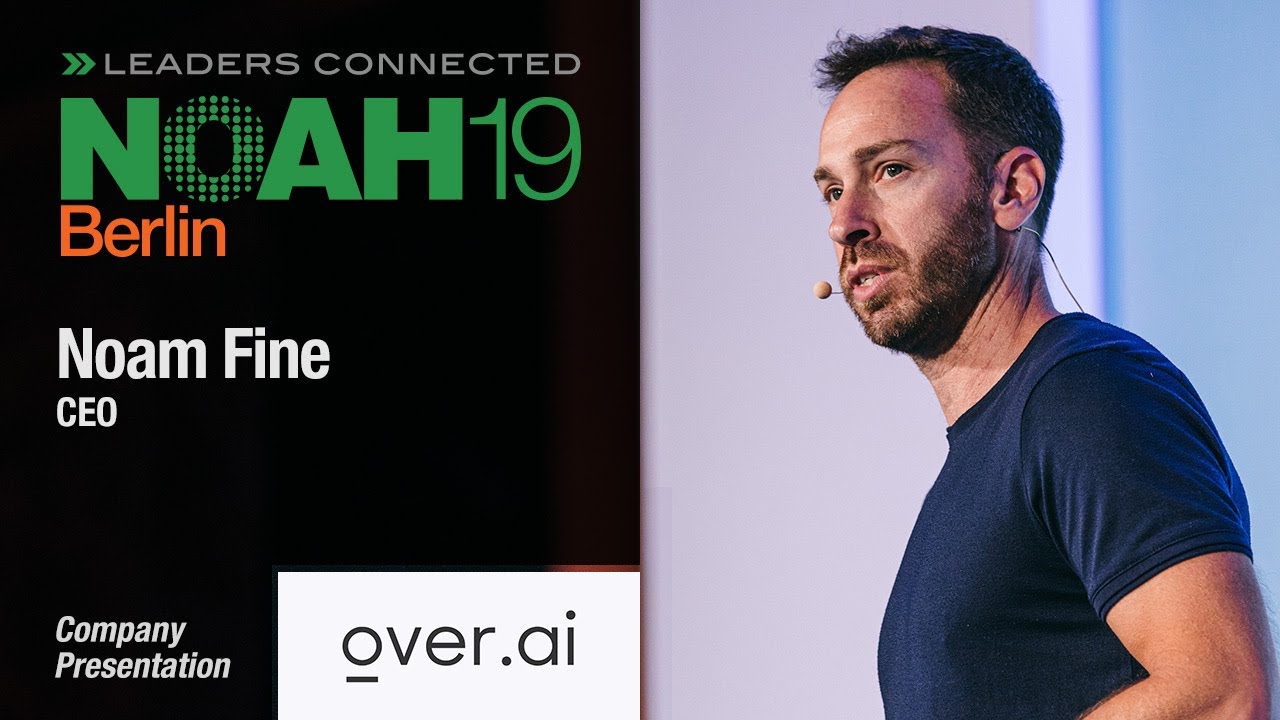Machine Learning with Phil
Should you go to graduate school for artificial intelligence? As a physics PhD I have some insights for you that you may not have heard elsewhere.
Graduate school is immensely rewarding, yet also incredibly difficult intellectually and emotionally. You’ll have to deal with solving novel and complex problems, as well as learning how to deal with sacrificing your social life.
Learn about how to choose your PhD committee as well as how to get things done in the face of immense pressure.
Learn how to turn deep learning papers into code here:
https://www.udemy.com/course/deep-q-learning-from-paper-to-code/?couponCode=FEB-20-2
My introductory reinforcement learning course:
https://www.manning.com/livevideo/reinforcement-learning-in-motion
Follow me on twitter:
https://www.twitter.com/MLwithPhil
Website:
https://www.neuralnet.ai
Source




New course Deep Q Learning from paper to Code is on sale for $10 here:
https://www.udemy.com/course/deep-q-learning-from-paper-to-code/?couponCode=FEB-20-2
what do you think about this new bioinformatics with ai wave?
Thanks for your Advice😀
I've been going through your course on Udemy. It's been a great supplement to my endeavour to learn RL. Would recommend to anyone else who is trying to learn RL.
An area that I have been struggling is understanding how to frame arbitrary decision tasks as an MDP. I'm currently reading a paper on using RL to optimize query execution plans. In that paper, I'm finding it difficult to understand how the state space works. Would you be able to make a video going through some examples of framing decision tasks as an MDP? An area of interest for me is job scheduling.
I'm currently in my final year of an applied math PhD with about 60 pages to paper on my dissertation. I'd say the most valuable thing graduate school has taught me is being self sufficient in the learning process. When you're trying to produce dissertation worthy research it's your job to dive into the knowledge of the field, find what's important, learn it well enough to get the job done, and discard what's not useful without too much guidance from your advisor (because they don't know the answer either). In addition to the obvious benefit of having the mathematical background needed to understand AI and machine learning I feel that I'm at a huge advantage because I'm well acquainted with quickly reaching basic competency in new technical fields due to what I've learned in the research process.
I wasn't in a financially stable enough position to go down the grad school route immediately after undergrad. Any advice on going the other way around– industry to PhD? Even possible?
Hello Phil, thank you so much for all of your helpful videos. I almost finish undergrad and I'd like to pursue grad school; do you think some work experience is needed before doing it so or is it possible to jump to it right after undergrad?
Phds should also be able to fire professors :p
This is a very informative video. I enjoyed hearing about your experiences, and actually picked up a lot that I didn't know before. Do you have any advice for an undergraduate student looking to get some research experience before finishing their bachelors?
Phil, love your channel and so glad I found it. Really helpful hearing about your path.
I'm not sure getting a Ph.D. is the best choice for everyone unless you really want to teach 4-year college or be a full-time researcher and you have some level of financial stability to fall back on if it doesn't go well.
6:22 cute cat video near the GPUs?
Like Emil (in your story), I'm taking the self-taught path and learning data science and AI on my own. I don't want to merely be OK at them though, I want to be super good.So, this past year, I have been working (for the most part) seven days a week and I have said no to most things not related to work. I have to deal with loneliness and lack of guidance too but, unlike you and some of the PhD students you mentioned, I don't have to deal with sabotage, pressure to publish, or tyrannical advisers. Compared to you and other PhDs though, I have to deal with more skepticism and higher scrutiny of my skills. Each path has its advantages and disadvantages. 😊
For myself, I chose self-study because of my family obligations. I consider myself lucky that learning advanced data science and AI on on my own is even possible though. After all, if I chose a field like Physics, as you did, in order to do PhD level research I would need access to expensive equipment I could never afford. Data science and AI are different: even if I don't have access to quantum computers 😁there's a lot one can learn and do from home with the help of an affordable computer.
If I had more flexibility when it came to my personal time though, I would choose to do a PhD. There's a reason that title carries weight and impresses mere mortals like myself. 😊
In the end though, as you said it really well, you get out what put in. A smart, hard working, focused person can become an AI expert or a top level data scientist with or without going to grad school for it. 😊
Comment for the algorithm. Nice one Phil!
Imho degrees are overrated most of the time – except if you are a doc, lawyer or engineer. The rest can be taught autodidactically. I know a lot of people who never saw a university from the inside and are incredibly smart and talented.
I love you. Thank you for this. That is all. <3